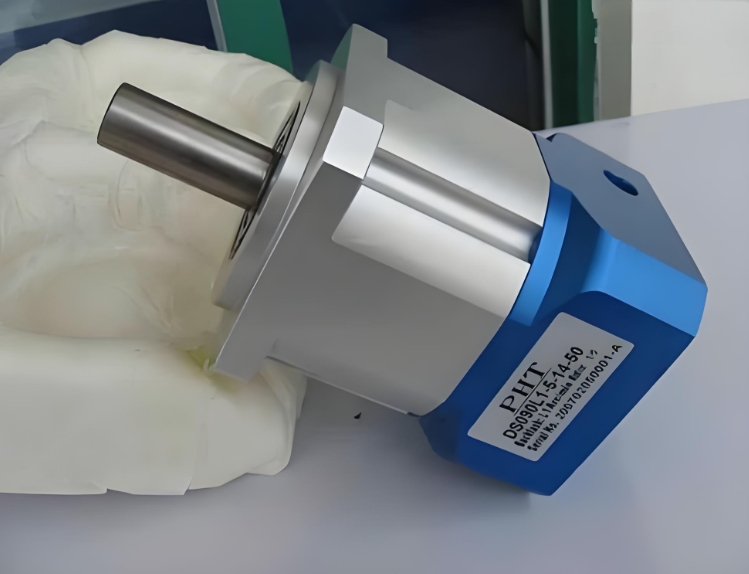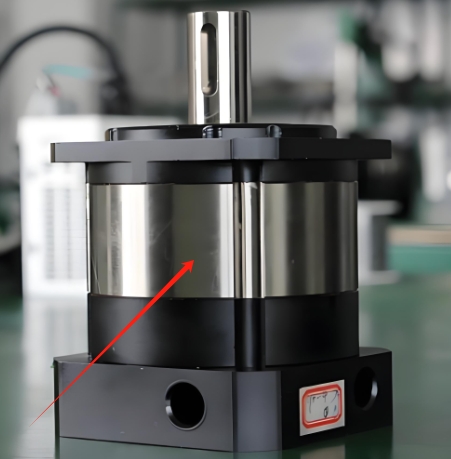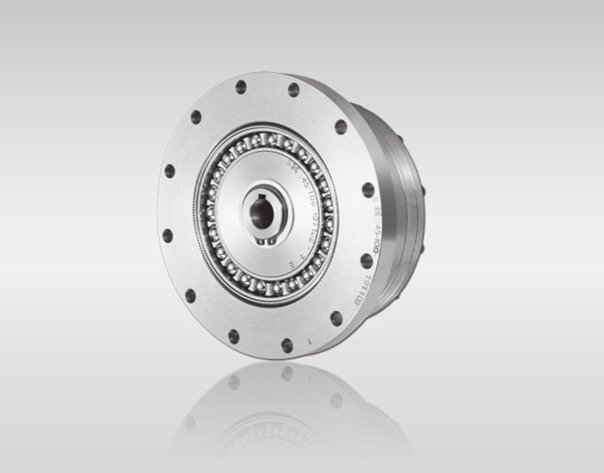
Gearboxes are widely used in various mechanical transmission systems, and their efficiency directly impacts the performance of the entire drive system. Several factors influence the efficiency of gearboxes, including:
-
Gear Meshing Loss: Energy loss occurs due to friction and sliding when gears mesh, which is one of the primary sources of efficiency loss in gearboxes.
-
Bearing Loss: Bearings, which support the rotation of gears, also contribute to energy loss through friction, affecting the overall efficiency of the gearbox.
-
Churning and Windage Loss: The gears stir the lubricating oil, creating resistance, and the internal airflow within the gearbox also leads to windage loss.
-
Seal Loss: Seals prevent oil leaks, but the friction between seals and the shaft also results in power loss.
-
Choice of Lubricant: The viscosity, temperature, and grade of lubricating oil can all impact the efficiency of a gearbox. Lubricants with lower viscosity can reduce churning loss and improve efficiency.
-
Design of the Gearbox: Structural design, such as the geometric shape of gears, material selection, and bearing configuration, can affect transmission efficiency.
-
Operating Conditions: The state of operation, including load size, speed, and ambient temperature, also influences efficiency. For instance, appropriately increasing load torque, reducing speed, or raising environmental temperature can help improve transmission efficiency.
-
Maintenance and Lubrication: Regular maintenance and lubrication can reduce mechanical losses and enhance the operational efficiency of the gearbox. Poor maintenance can lead to increased friction and reduced efficiency.
-
Manufacturing and Assembly Precision: The precision in manufacturing and assembly of the gearbox also affects its efficiency. High-precision gears and bearings can minimize error losses during operation.
-
Number of Gearbox Stages and Transmission Ratio: Multi-stage gearboxes can provide larger transmission ratios but also mean more energy loss. Thus, the number of stages and transmission ratio of the gearbox are also factors affecting efficiency.
Optimizing these factors can effectively improve the transmission efficiency of gearboxes, thereby enhancing the performance and energy efficiency of the entire mechanical system. When designing and using gearboxes, it is essential to consider these factors comprehensively and take appropriate measures to ensure high-efficiency operation of the gearbox.
 English
English Deutsch
Deutsch Русский
Русский Español
Español

















Quote Now